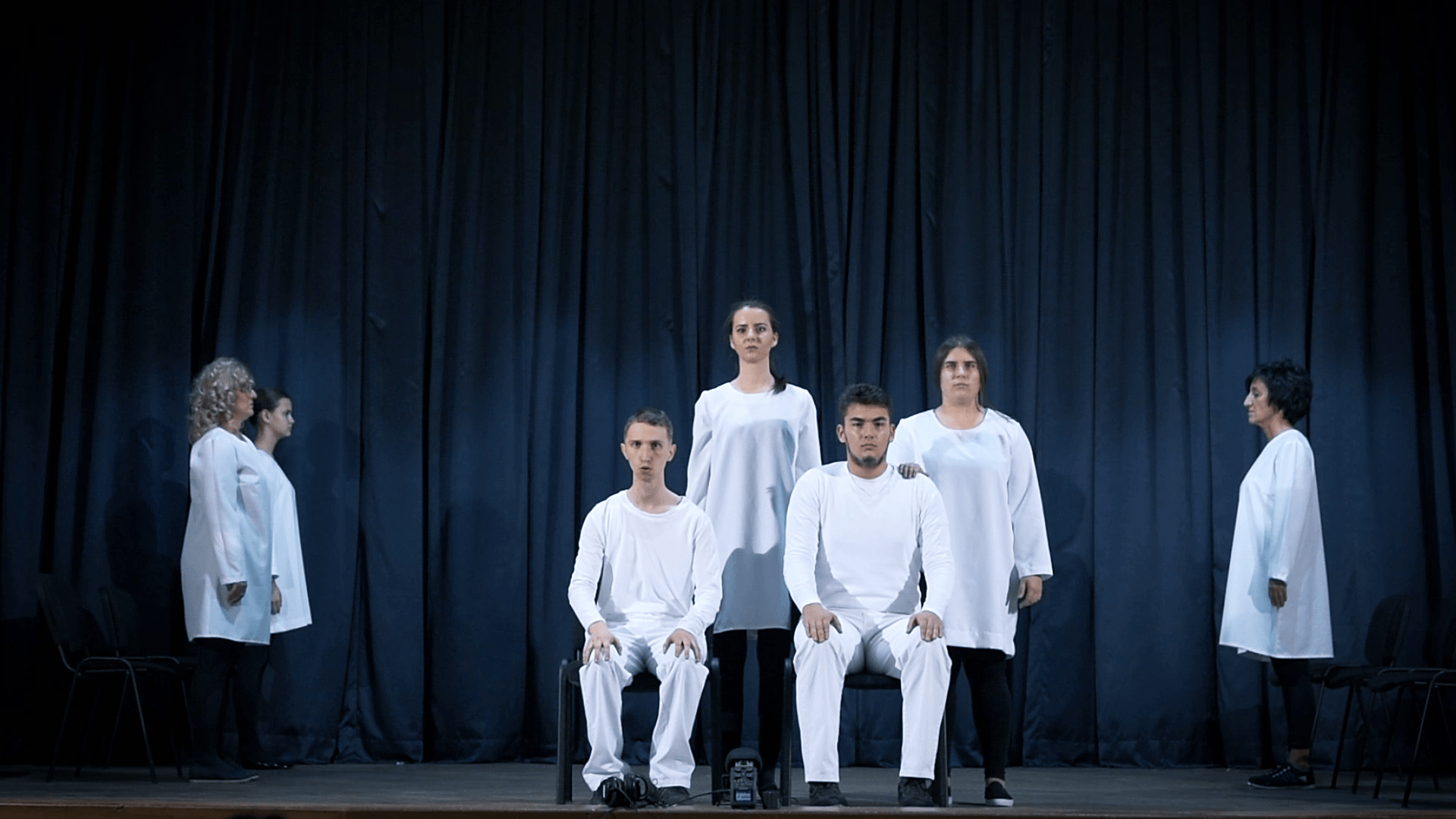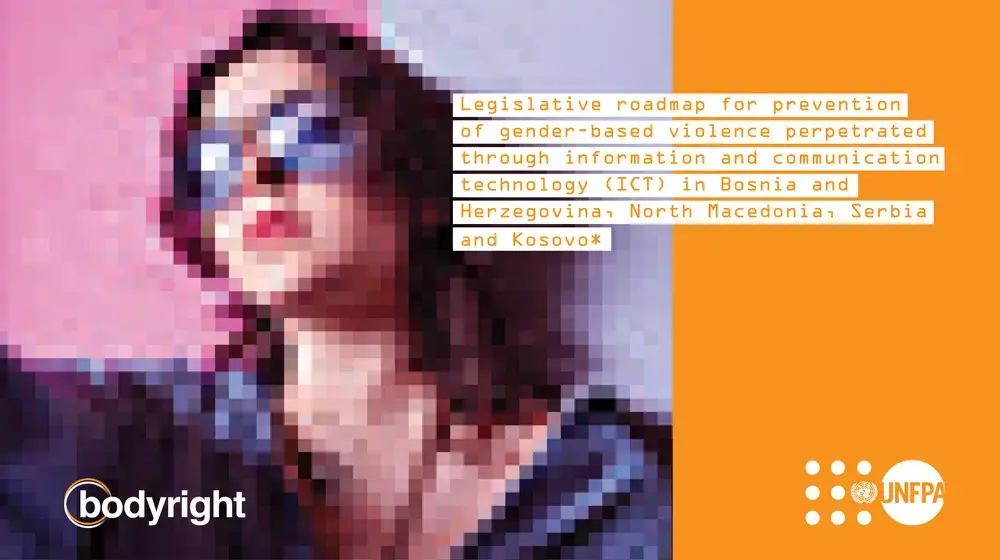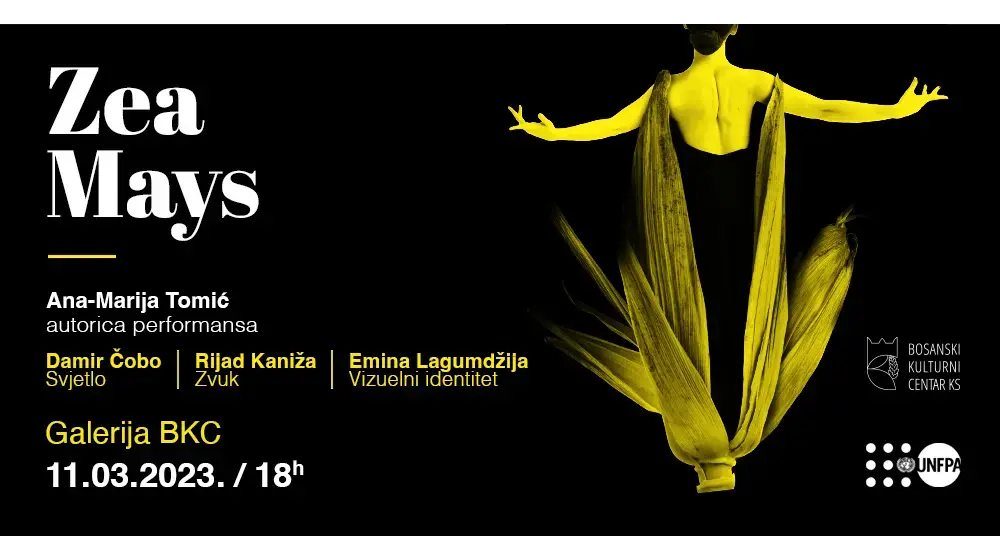“...They judged me. I was ashamed to go out. I hated myself. I hated my body ...That’s why I left that village...Everyone knows in the village. All the family knew about it and then − by word of mouth, the entire village has found out. I pass by the road, they would laugh at me, spit on me” said survivors of conflict related sexual violence who participated in the UNFPA Stigma survey that was conducted in 2015.
Stigma is one of the biggest obstacles for improving the quality of life of survivors of sexual violence during the conflict in Bosnia and Herzegovina 1992-1995. That is why, UNFPA has launched Stigma Alleviation Program (SAP) for Bosnia and Herzegovina, a set of practical recommendations for alleviating stigma in local communities. The SAP is based on the "Principles for Global Action: Preventing and addressing Stigma associated with Conflict-Related Sexual Violence”. Bosnia and Herzegovina is the first country that has created its own action plan.
A debate tackles the issue of stigma against survivors of conflict-related sexual
UNFPA in BiH has developed several innovative partnerships with young people, such as the use of theatre as a platform and local initiatives to open local dialogue on harms of stigmatization but also on positive efforts that would enable survivors to feel as part of the community.
The latest theatre play "We are the ones who remained" held premieres in Cazin and Sanski Most municipalities in spring this year. This were by no means ordinary events – the play poster was a tell-tale sign for the audience that it is taking valuable messages and unique experience back home that evening. “Finally, someone decided to speak up in our local community”, said one of the citizens of Cazin, attending the play. The play tells us about how society treats both women and men – survivors of conflict related sexual violence in Bosnia and Herzegovina. Actors tell us from the stage “this is a story of before and after.”
Elma and Armin were born in the nineties and may not remember the war, but with their involvement in the play, they show that new generations feel ready to take their share of responsibility and engage to fight stigma. They are volunteers from the Center for Peace in Sanski Most. “People have understood the message of the show, that a problem needs to be discussed, a problem is not something to be quiet about,” says Armin.
It took a lot of work, commitment and preparation to see the local stigma alleviation initiatives through. They are results of discussions of activists, both men and women, from local communities in Bijeljina, Goražde and Sanski Most. Grassroots activists made use of several days of discussion in Sarajevo, where they were introduced to and also got to learn about global practices, with the support of the United Nations Population Fund, to come up with their ways how to contribute to stigma alleviation in their local community.
With the support of the Center for Peace in Sanski Most, a roundtable was also organised for faith-based organizations on how to find ways to help the social community fight stigma.
“We had an opportunity to talk also to the representatives of the Orthodox Church and the Islamic Community to present the segment of inter-religious dialogue in the process of combating the stigma of survivors of conflict related sexual violence”, says one of participants at the roundtable.
The United Nations Population Fund notes that valuable lessons are being learned from this process for future work with local communities in the field of destigmatization of survivors of conflict related sexual violence. Activists from Sanski Most show that, regardless of the differences in age, education, field of activity and profession, there is general social readiness to talk about this topic and end the ‛vow of silence’. Survivors do not need pity, but a community that is open and ready to provide every form of support. “Be There”.





